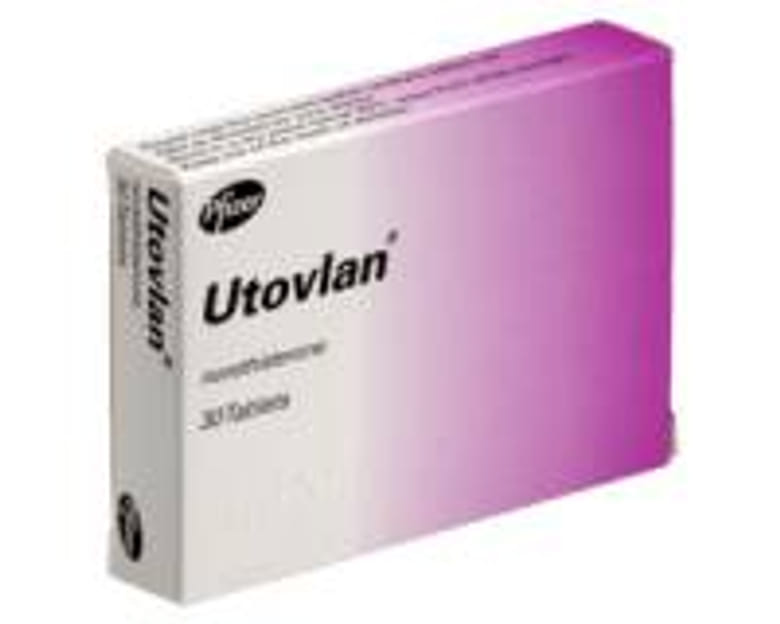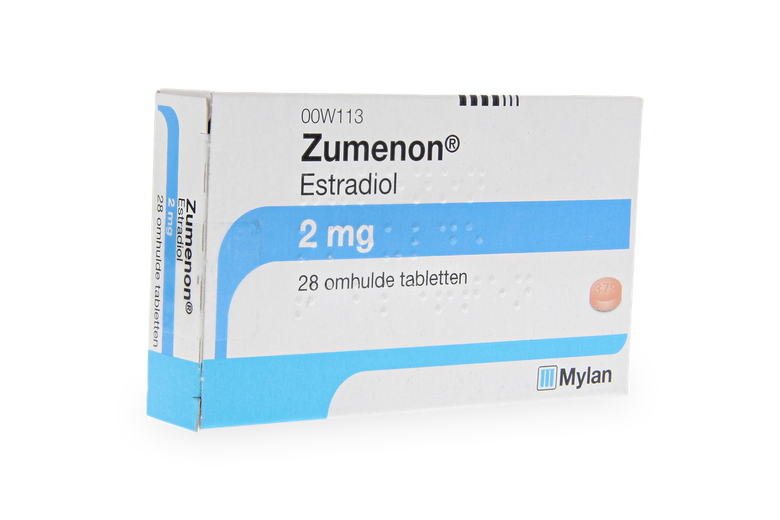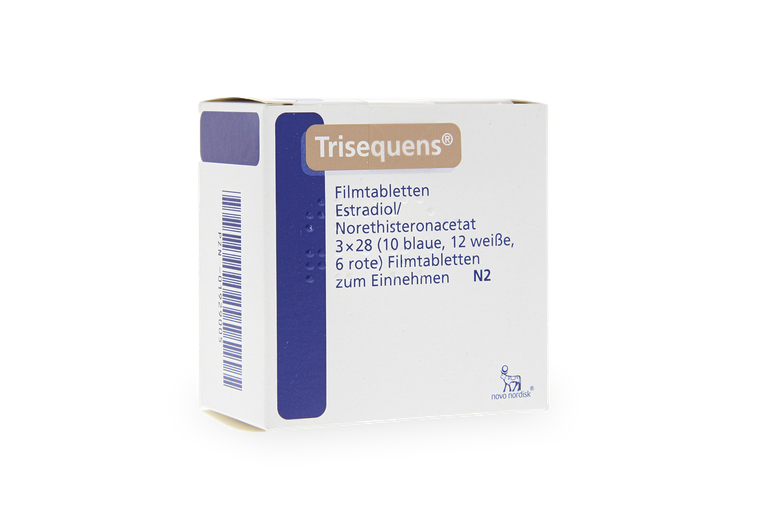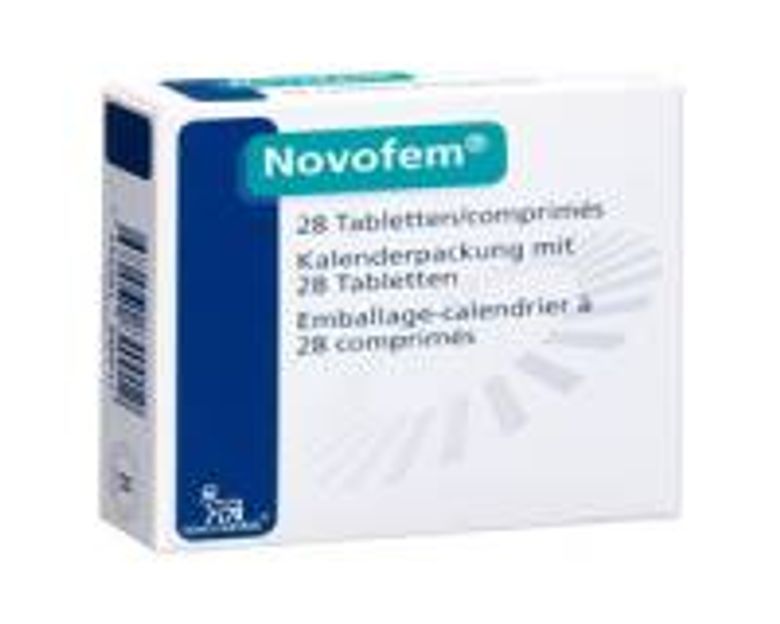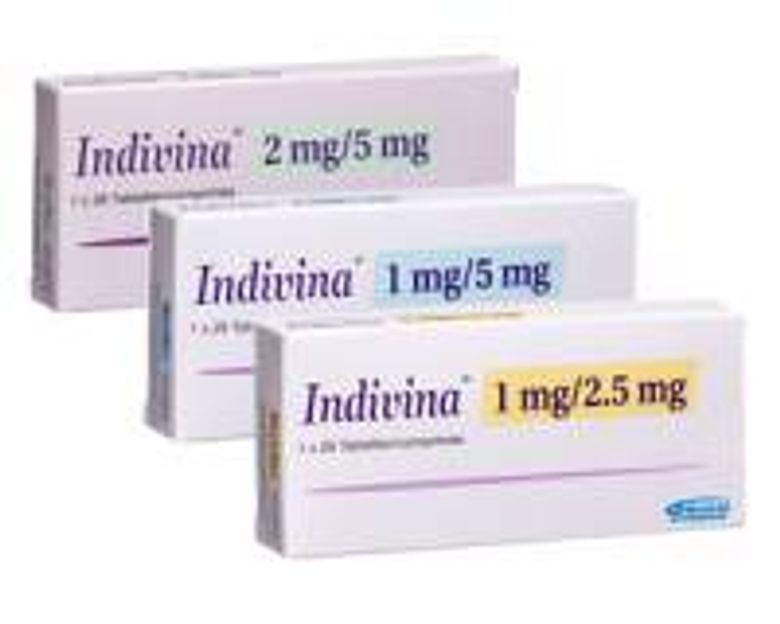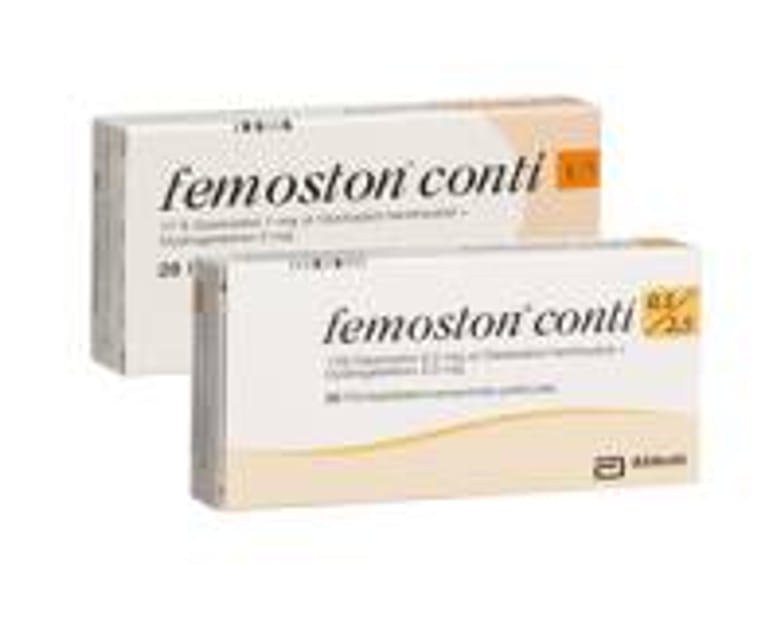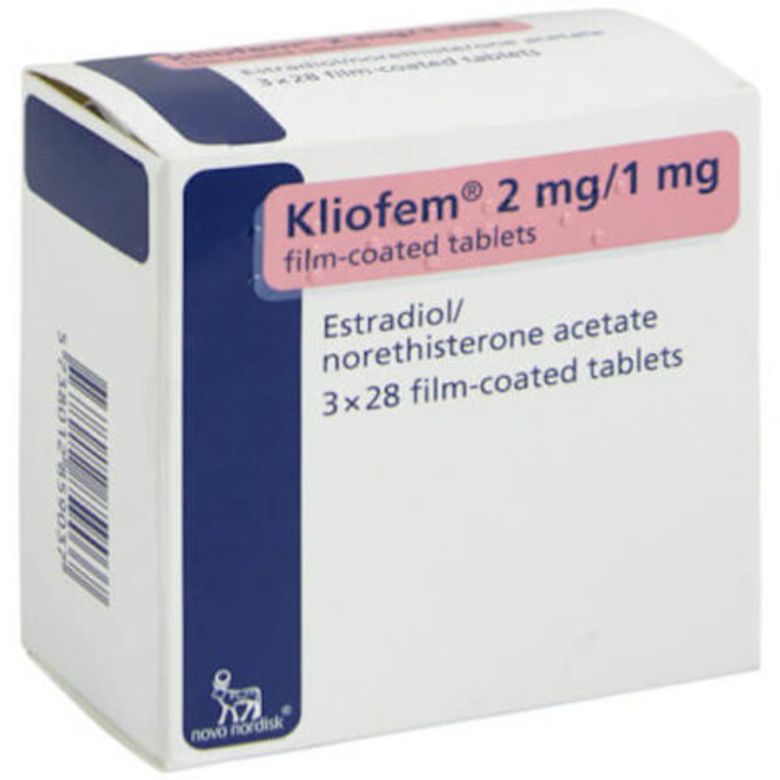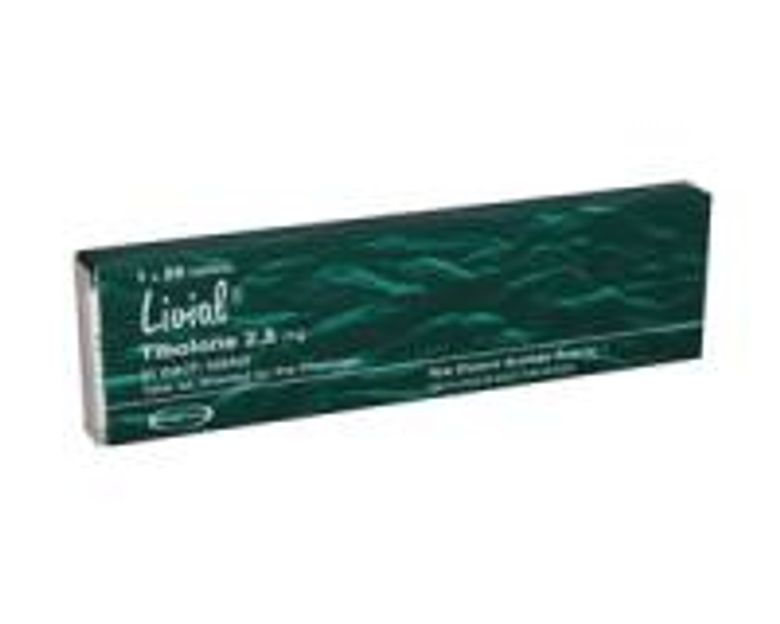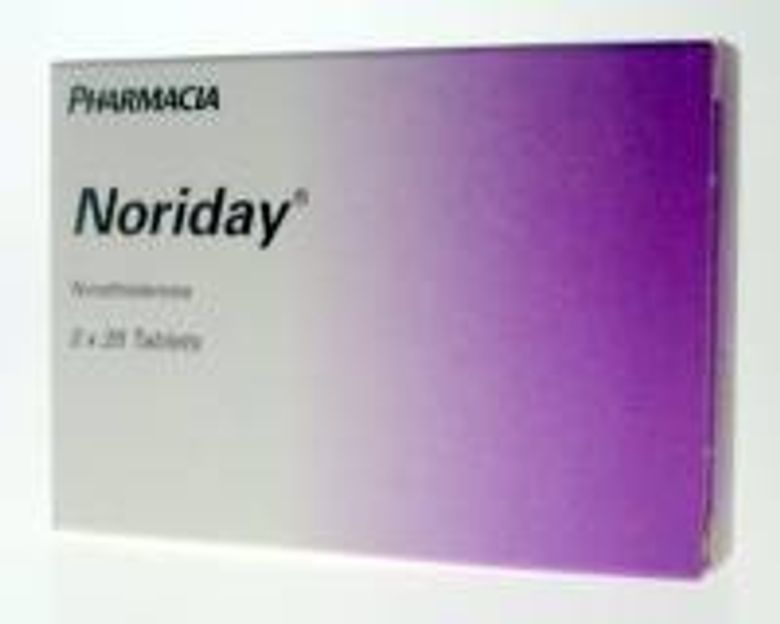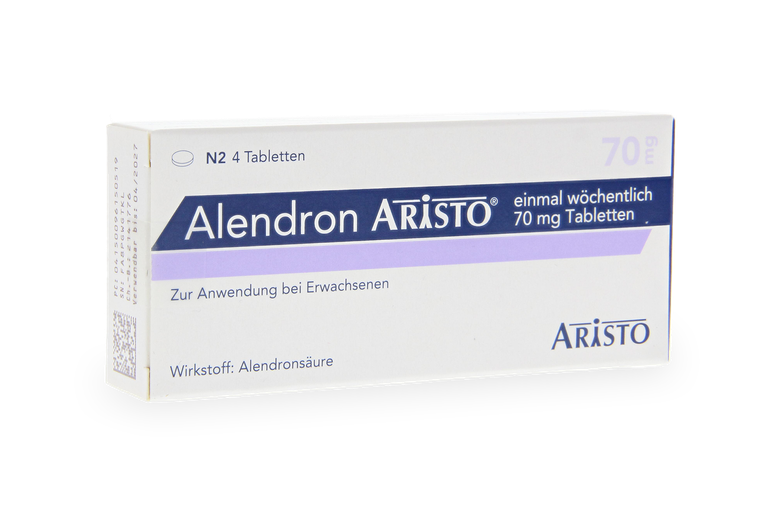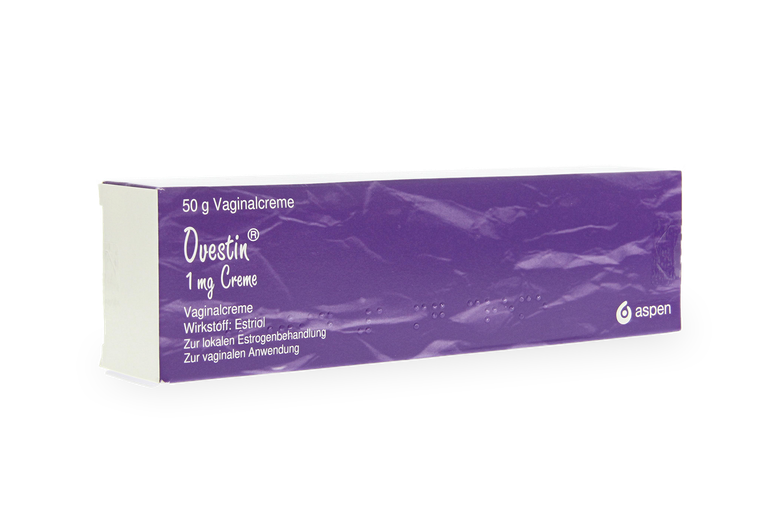Menopause typically affects women between the ages of 45 and 55. It is a natural transition during which menstrual periods become irregular and eventually cease. This phase is often referred to as "the change of life."
In women aged 45 to 55, ovarian activity gradually decreases as the supply of fertile eggs diminishes. When egg release stops, the production of oestrogen also declines, leading to irregular periods that eventually end. This process usually lasts around four years, after which a woman is considered to have reached menopause.
The reduction in oestrogen levels can cause symptoms such as hot flashes, night sweats, sleep disturbances, mood swings, and palpitations. Vaginal dryness is also common, which increases the risk of infections. Menopausal symptoms may occur earlier due to factors like ovarian surgery, certain medications, chemotherapy, radiotherapy, or smoking.




